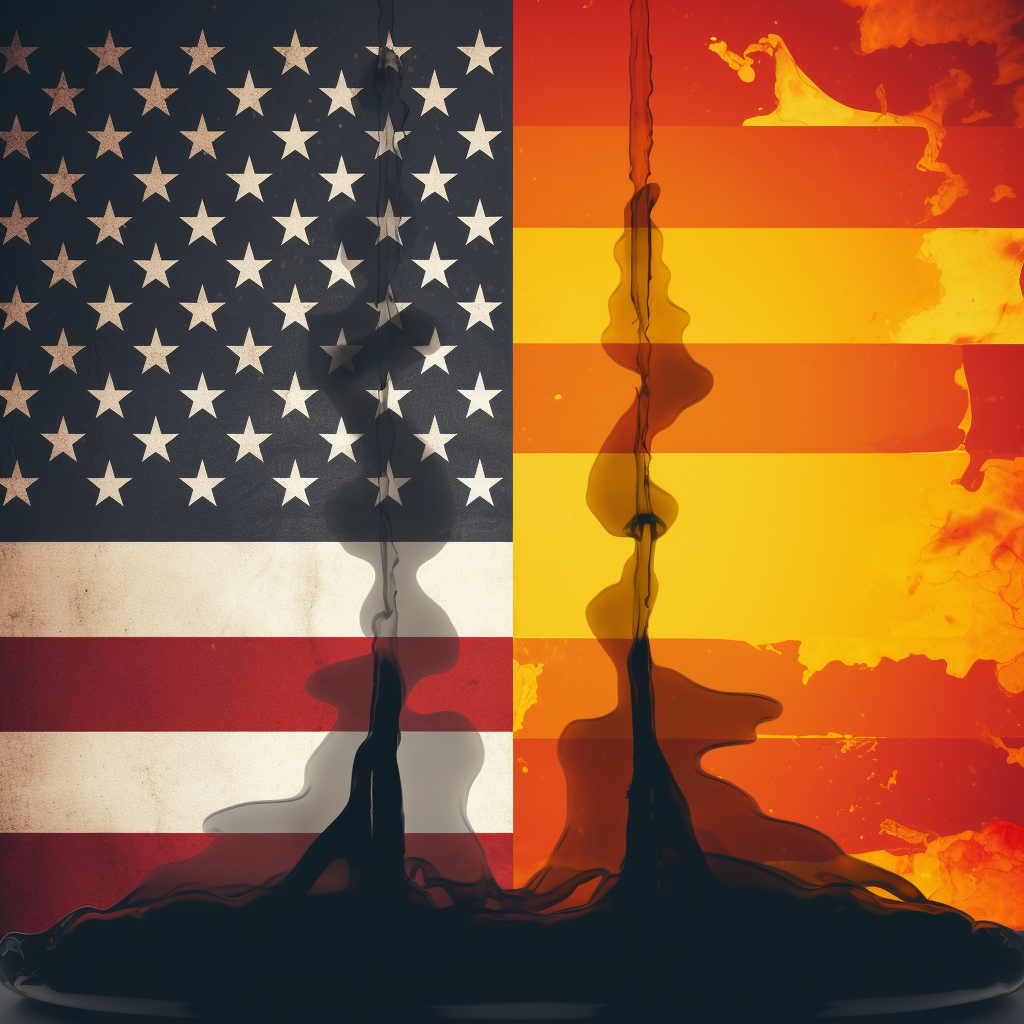June 5, 2024
The Escalating Legal Battle Between Oil and Gas Companies and States
Book a Demo
As climate change effects become more prominent, oil and gas companies find themselves in the legal crosshairs. These companies are now turning to the Supreme Court, seeking intervention to prevent an onslaught of lawsuits that aim to hold them accountable for climate change-related costs. The legal actions threatening the industry share similarities with the successful mass lawsuits previously faced by the tobacco and pharmaceutical industries, where these industries were held accountable for misleading the public about the potential risks and dangers of their products.
The oil and gas industry’s legal teams argue that climate change is a global issue that should be addressed by federal law, rather than by individual state claims. They are contending that the complexities of climate change cannot be accurately handled at the state level. This argument is a strategic move to shift these cases from state courts, which are seen as more sympathetic to such lawsuits, to federal courts that are perceived to be more favorable to the industry.
While industry lawyers push for federal jurisdiction, state and city officials are fighting to keep the climate change cases in state courts, arguing that the environmental and public health impacts of climate change are felt at the local level. States like Hawaii and California are at the forefront of these lawsuits, seeking compensation for climate change damages from major oil corporations.
The detrimental impacts of the oil and gas industry on local communities have been documented. For instance, industrial pollution, particularly from oil and gas fields in the San Juan and Permian Basin, has been linked to low birth weights in New Mexico. These health implications provide additional weight to the lawsuits against the industry.
In a related case, PacifiCorp, a major utility company, has recently agreed to settle a lawsuit by paying $178 million to plaintiffs for the company’s role in sparking the 2020 Labor Day fires. This case underlines the growing legal implications for industries that contribute to environmental degradation and climate change.
The U.S. Supreme Court is currently hearing arguments in BP PLC v. Mayor and City Council of Baltimore, a case that exemplifies the oil industry’s efforts to avoid climate lawsuits being judged on their merits. What comes out of this case will likely set a precedence for future climate change-related lawsuits against the oil and gas industry.
This escalating legal battle between the oil and gas industry and states underscores the growing push to hold corporations accountable for their role in climate change. The outcome of these legal battles could have significant implications for the industry and for the future of environmental justice.
Science4Data is committed to cut through greenwashing and measure real impact. Join the journey to a sustainable future. Your actions matter.



